When I wrote about Centers in child care programs last week, a reader asked me a fundamental question: How do you find a play-based program? How do you know if a preschool or daycare is truly play-based? Her question deserves a thorough answer.
Why? It's not that simple. Many programs speak the "play" language. When I called looking for a good preschool program for my children, I heard a lot of talk about play. Talk but not action. "Oh, sure, we're a play-based program. Here's the schedule: music, Spanish, math, science, gym..."
How to sort through the talk and evaluate a real gem of a program?
Observe. You MUST visit the school and observe the classroom. Often you'll find that although the school has good intentions about play, in reality, play is given short shrift. I've often seen "play time" used as a 2o-minute "in between time" as the teacher sets up the next teacher-led structured activity. You will never know unless you visit in person, preferably for 2-3 hours.
Check the schedule. If there's too much "enrichment" time, beware. I've witnessed supposedly play-based programs with cluttered schedules like this: circle time, music, Spanish, math, lunch, lunch, science, gym... There's simply no time left for unstructured play. Children need blocks of time for unstructured play (at least 1-2 hours at a time). Plus, many kids have a hard time with transitions; when the day is broken up with scheduled activities kids are always in transition.
Are dress-ups welcome? Do you see firefighter hats, tiger suits, princess dresses and capes? A huge part of play includes dressing up and playing "let's pretend" games. It's social, it's imaginative, and it involves deep learning. Schools like Montessori rarely have dress-up clothes at all.
Is there big muscle space? Kids need the option to truly play. This means having space for loud, fast and big play available: chasing, jumping, climbing, biking, swinging, banging. Ideally, kids need the option to access the outside or a big muscle room at any time during play time. Play should not be confined to quiet rooms and tables and chairs.
Don't worry about pretty When you evaluate a classroom, don't dwell on how cute and pretty the classroom is. True play is often messy. The space should look as if active kids use it. Of course, a beautiful classroom can be a welcoming place for play, but it's no guarantee. It's what goes on between the people that counts.
Watch the teachers. Do teachers constantly give directions and show models? ("Everyone get 2 black pompoms for the eyes...") Are they busy directing and controlling the children all the time? Do teachers insist on long circle times instead of letting children pursue their own interests and friendships? Are they respectful of children's play ideas or dismissive? ("That's not nice. What about letting the T. Rex be friends with the other dinosaurs?") Do they direct play? ("You three play in the block corner." "How many blocks are green?") or do they support play? ("I see you're building a ship. What do you need for your game?").
Forget the ABCs. A true play-based program focuses on pre-literacy, not literacy. Songs, finger plays, puppet shows and stories are all appropriate. Fixation on the alphabet is not. Good play-based programs integrate literacy into play by making signs "Lucy's Ice Cream Store" and writing down dictated messages and stories that come from the kids' hearts. "Once there was a pirate named Jack who wanted to be a mermaid..."
Seek out a place with conflict. One of the main values of play is for kids to learn to negotiate and problem-solve with peers. ("You have the red truck! "I need the red truck now!") That's the skill of conflict mediation. Play-based programs recognize the HUGE value of teaching kids conflict mediation skills, and don't solve all kids' problems for them. So ask. "Do you teach kids conflict mediation? Tell me about that."
Think like a kid. If you were 4-years-old, would you want to go there? Is this a place that truly welcomes children's play, children's fears and children's ideas? Teachers should be there to guide and give skills - the rest is up to the kids.
Take heart. Programs that truly "get" play are out there, including the School for Young Children in Columbus, Ohio, where I went to school. They even let kids box and wrestle as part of healthy roughhousing play. Read more about it in It's OK NOT to Share...And Other Renegade Rules for Raising Competent and Compassionate Kids.
What else belongs on this list? How did you know you'd found the "right" school? Do you know a school that's a true gem?

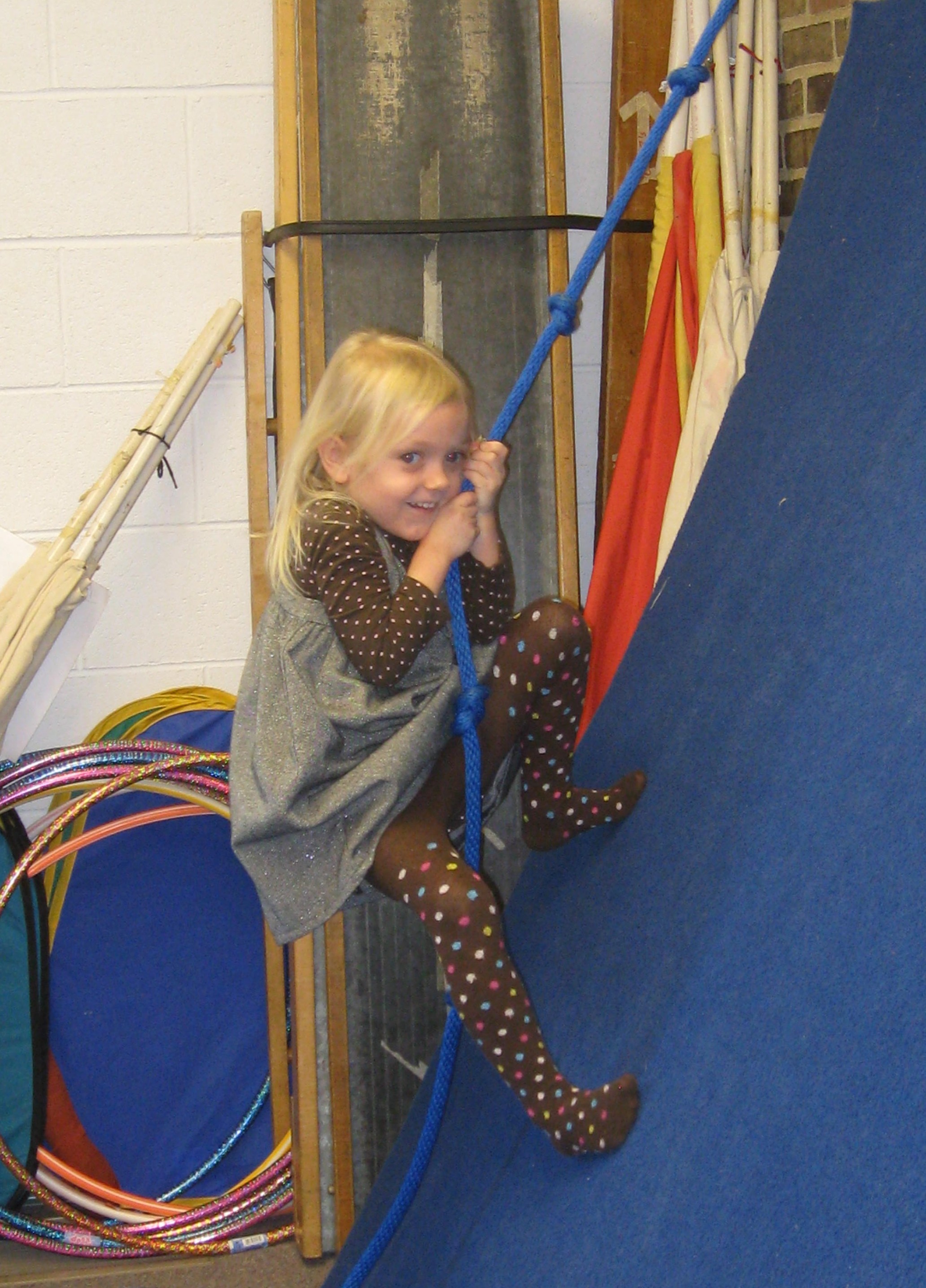
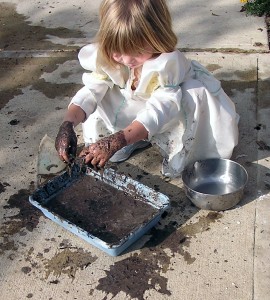
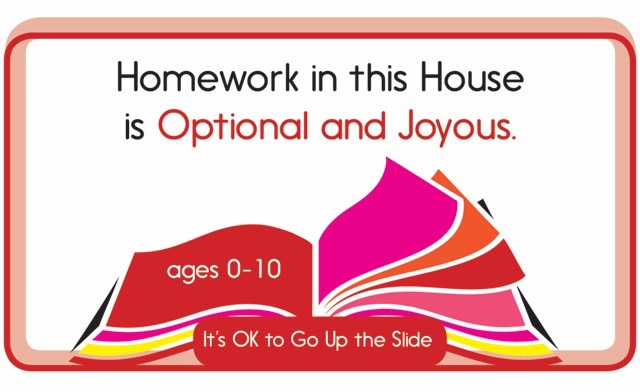
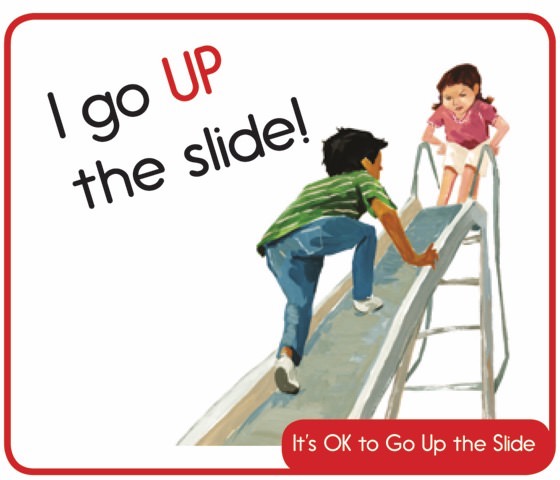
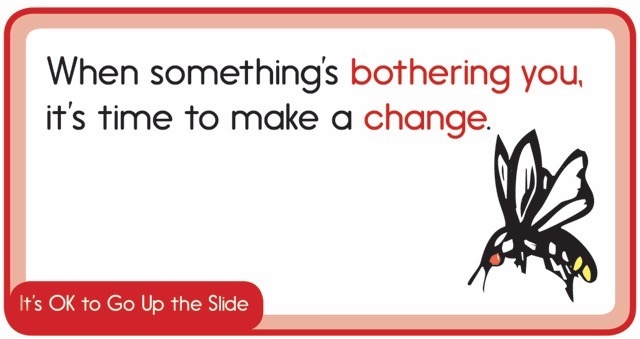
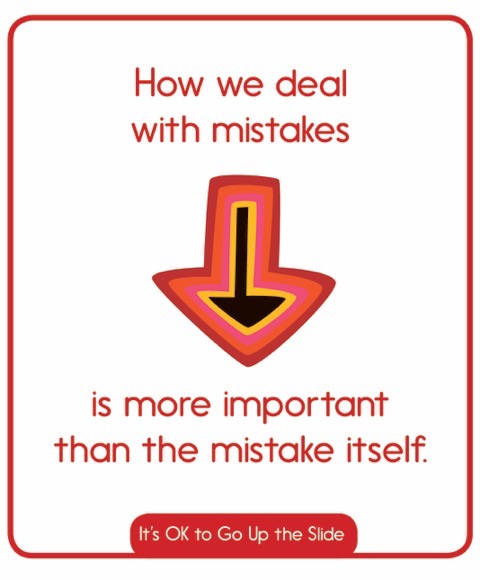
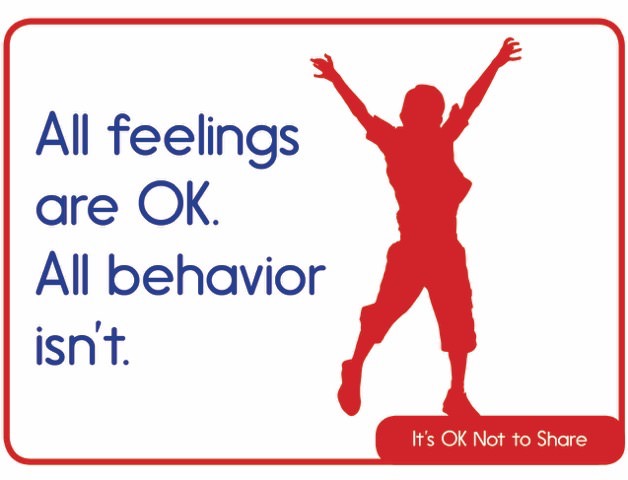
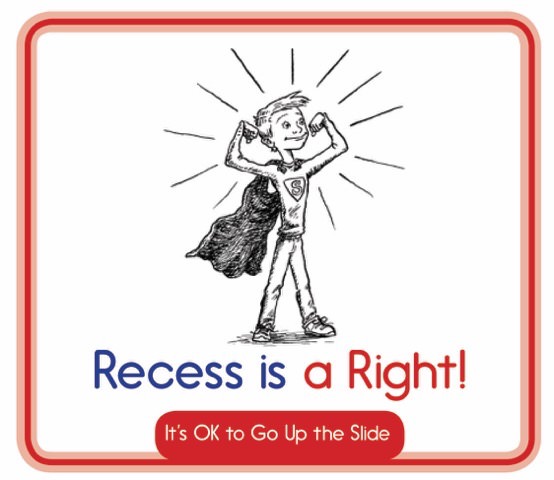
"True play is child-directed and child-initiated."
Yes! A great post to Tweet and Google+!
Thanks, Laurie!
The preschool my twins will attend when they are old enough (technically, they are now, but I'm waiting until they're actually preschool-aged) is called Habibi's Hutch, in Austin TX. The sole reason it's at the top of my list is that it is a truly play-based center. There is a loose schedule, and by loose I mean they have lunch at approximately the same time every day and a short rest time after that to recharge for the afternoon's fun. Check them out! http://www.habibishutch.com
Love the name! Food, rest and play - the best recipe of all. So glad you've found a home (hutch).
We are lucky enough to live near Bev Bos' Roseville Community Preschool. I was nodding the whole time reading your post! We have no alphabet on the wall, but we do have clipboard, paper, and pens. We walk up to a child and ask: "How does your story start?" You should hear what they have to tell us! If there is a fight over an item, we ask: "Ask her if you can use it when she's done." We have the kids speak for themselves and the results are amazing.
Some people have shared you tube videos of the school if anyone wants to check out what an amazing place it is! http://www.youtube.com/results?search_query=roseville+community+preschool&oq=roseville+&gs_l=youtube.3.0.35i39j0l9.512.2994.0.3949.18.10.2.0.0.1.392.1798.3j4j1j2.10.0...0.0...1ac.1.11.youtube.lTvn63II-Hg
(By the way, I am writing this with food coloring stained hands from being at school when they were doing the ice, salt, and food coloring activity.)
You get to go to Bev Bov's school? I'm jealous. True and tremendous play going on there. Thanks for sharing the videos. Here's a video I made about Free Play, too http://www.youtube.com/watch?v=oSymfYoFb3s
Story dictation is one of the most loving and respectful ways to introduce literacy to kids. Kids are natural storytellers and should be storytellers first. No alphabet needed. Thanks for sharing!
Great article. You've really hit on a lot of great points. But there are different depths and components to play, and the role of the caregiver in young children's development cannot be over-emphasized. In their book From Neurons to Neighborhood, the Committee on Integrating the Science of Early Childhood Development writes, “While hours of care, stability of care, and type of care are sometimes associated with developmental outcomes, it is the quality of care and, in particular, the quality of the daily transactions between child care providers and the children for whom they are responsible, that carry the weight of the influence of child care on children’s development.”
The field of interpersonal neurobiology has been illuminating the importance of attachment and relationships in early brain formation. It is not so much hands-off play, but facilitating experiences in which young children feel safe and secure, but have opportunities to formulate and modify their own schemas in open-ended exploration with a reflective caregiver, allowing children to bring implicit impressions into focal awareness.
I am a strong advocate for play and appreciate the attention you are bringing it in your work. But there is a great deal of depth to young children's development that goes well beyond play, and I am eager to see these issues be brought to the forefront of awareness. I look forward to reading more of your insights into parenting and early childhood development.
Check out our website, but keep in mind, just as the moon is reflected in the dewdrop, our website is only a small reflection of the real work we do. Keep up the great work.
Yes, I'm pleased to say, I do! Campbell Child Development Center is truly a play-based program. We are seeking families who wish to partner with us in support of play. Come observe and/or set up a tour to see if our program is a good fit with your parenting philosophy. For more information about Campbell Child Development Center, please check our our website at http://www.campbellcdc.org, our Facebook page at https://www.facebook.com/CampbellChildDevelopmentCenter, or check us out on YELP.
Thanks for the inspiring articles in advocacy of young children!
Hooray!
Thanks for sharing this blog. Great information. Little Pearls, Play school in Vasant Vihar is having a wonderful environment for our kids. We provide a variety of playing activities for our little kids.
I'm an RECE and I think your post is excellent. It should be shared with educators all over the field; when I was hunting for a play-based centre to work in I came across a profusion of centres like you described. In the job description they said play-based, but interviews and tours revealed a disappointing reality. You can't just call yourself a play-based centre because it's a hot buzzword. It's an entire philosophy and I love that you included risk and mess within it.
We live in the Charleston, SC area. I was born and raised in Germany, I am a child educator myself and a true play based preschool is what I would want for our daughter. Most preschools back home are play based. It's not hard to find. Where we live now is quite the opposite. I'm actually shocked. There is one school that follows the Reggio approach, but the commute is too long and it's out of our price range. I am so sad that my daughter won't get to experience this. At this point I am just keeping her with me. We do lots of playdates with lots of free play time, mostly outdoors. Still, I truly wish play based approaches were more common and appreciated by parents and teachers alike.
Hi! I'm currently looking for a true play based preschool in Columbus, OH. Are there other ones that you recommend in addition to School for the Young?
Thanks!
Rebecca, SYC is certainly a wonderful choice if you are not put on a waiting list. If you don't get in, I'd suggest giving SYC a call and asking them what other good play-based schools they recommend in Columbus.
great idea, thank you!
I love this article - I am looking for a play based preschool in the Corona, CA area- Eastvale, Norco, Corona, Riverside, Ontario, Chino and Chino Hills are the surrounding areas. ANY suggestions are greatly appreciated!
I love love love this article, thank you SO much! Any chance you or anyone else reading knows of any truly play-based schools in the Portland, OR area?